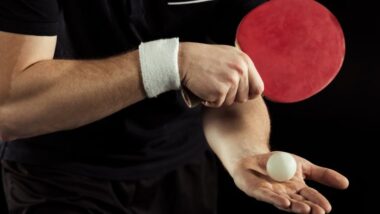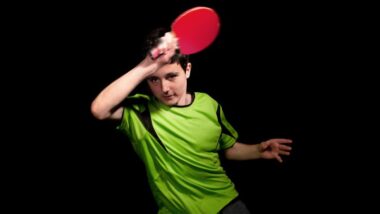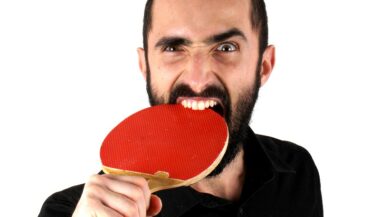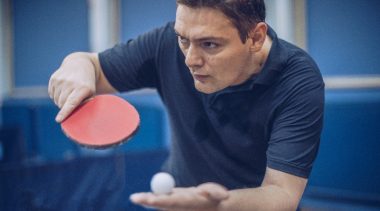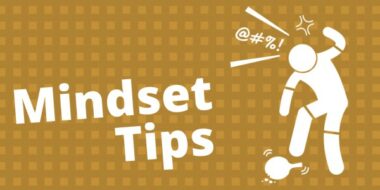The dark arts of serving
There are multiple aspects to service – technical, tactical, mental and psychological. We often talk about the first three – how to serve, serve tactics, mental preparation – but we don’t often discuss the fourth part – how to psychologically unsettle your opponent. Or what I call “the dark arts of serving”. In this article I share some of the psychological tactics which players use when serving. All of these are entirely legal to do. They are not guaranteed to unsettle your opponent, but they often do… Keep reading

